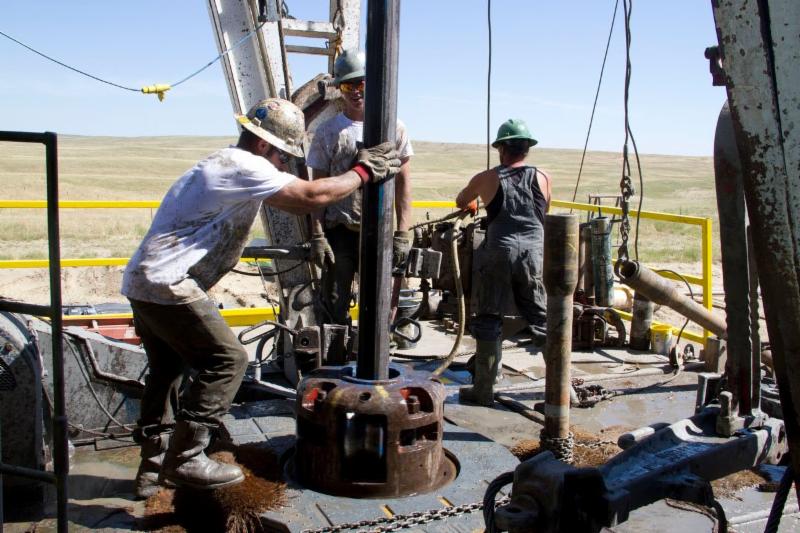FARNSWORTH'S FIRST LAW OF LIFE, LEADERSHIP, AND LEFTOVERS:
It's Not the Thanksgiving Dinner, but the Things That Are Left
Over That Matter Most
I. GOOD: As we celebrate
Thanksgiving this week, it is important for us 21st Century Americans to recognize
how incredibly blessed we are. Virtually no one in the history of the world
or on any other place on the planet has as much as we do.
The average American today lives a
far more luxurious life than the wealthiest monarch in centuries past. The
scraps from our Thanksgiving tables would be an absolute feast for half the
people in the world today.
I have found that enjoying and
appreciating abundance creates greater abundance. "Gratitude is the open
door to abundance," said Yogi Bhajan, and Dr. Cathy Phillips has written
that "gratitude will open your heart as well."
As we acknowledge how blessed we
are and we express gratitude for our blessings, we will discover greater joy
and contentment left over from Thanksgiving this year.
II. BETTER: One of the
dangers of our unprecedented material wealth is that it may blind us to the
real abundance in our lives.
St. Luke warns: "A man's life
consisteth not in the abundance of the things which he possesseth." Too
much "stuff" can get in the way of seeing and enjoying greater
treasures.
According to Michael Beckwith:
There is a lie that acts like a
virus within the mind of humanity. And that lie is, "There's not enough
good to go around. There's lack and there's limitation and there's just not
enough." The truth is that there's more than enough good to go around.
There are more than enough creative ideas. There is more than enough power.
There is more than enough love. There's more than enough joy. There is enough
for everyone.
There are no quotas or limits to
the things that matter most in life. My joy and happiness do not take away from
yours, and your joy and happiness do not take away from mine.
My peace and contentment do not
diminish yours, nor do yours diminish mine. Whatever wisdom and understanding
either of us has does not limit the other's.
When we are able to see beyond
physical possessions, we recognize that our abundance is potentially infinite
and immeasurable. When we pay attention to things that matter more than money
and property, we stop comparing and start enjoying what we have.
Hopefully our Thanksgiving
"leftovers" this year will include a deeper awareness of the
incomparable value of our nonmaterial wealth.
III. BEST: The best way to
think about abundance is to abandon any notion of having abundance
and to focus instead on giving
abundantly.
Something incredibly wonderful
happens when the key question of our life shifts from "How much can I
get?" or "How much do I have?" to "How much can I
give?"
When our lust for accumulation
gives way to a yearning to share our abundance, we are not content with
blessing our family alone, but we become anxious to bless the entire human
race.
Something even more powerful
happens when we recognize that the most important things we have to give are
not the things we own, but a part of who we are. "Rings and other jewels
are not gifts, but apologies for gifts," said Ralph Waldo Emerson.
"The only gift is a portion of thyself."
This insight allows us to see that
everyone can be an abundant giver and that "no one need wait a single moment
to improve the world." Anne Frank.
Here are some of those
portion-of-thyself gifts that we can all give more abundantly, regardless of
our financial station in life:
- Our time
- Our attention
- Our kindness
- Our forgiveness
- Our knowledge
- Our wisdom
- Our understanding
- Our stories
- Our cheerful attitude
- Our encouragement
- Our appreciation
- Our questions
- Our faith
- Our courage
- Our example
- Our music
- Our creativity
- Our tenacity
- Our sense of humor
This list could go on and on. There
is no end to the ways we can be a blessing in others' lives.
As we give abundantly of ourselves,
in a miraculous way what we give comes back to us, multiplied. "Give, and
it shall be given unto you; good measure, pressed down, and shaken together,
and running over, shall men give into you." Luke 6: 38
This I have found to be true: When
we focus on being a blessing to others, God makes sure that we are
blessed in abundance, especially with riches far more valuable than anything
tangible or financial.
This year, I pray that we may focus
more on the "GIVING" part of Thanksgiving, especially on giving of
ourselves. As we do, I believe added joy, peace, and contentment will be among
our Thanksgiving leftovers.



